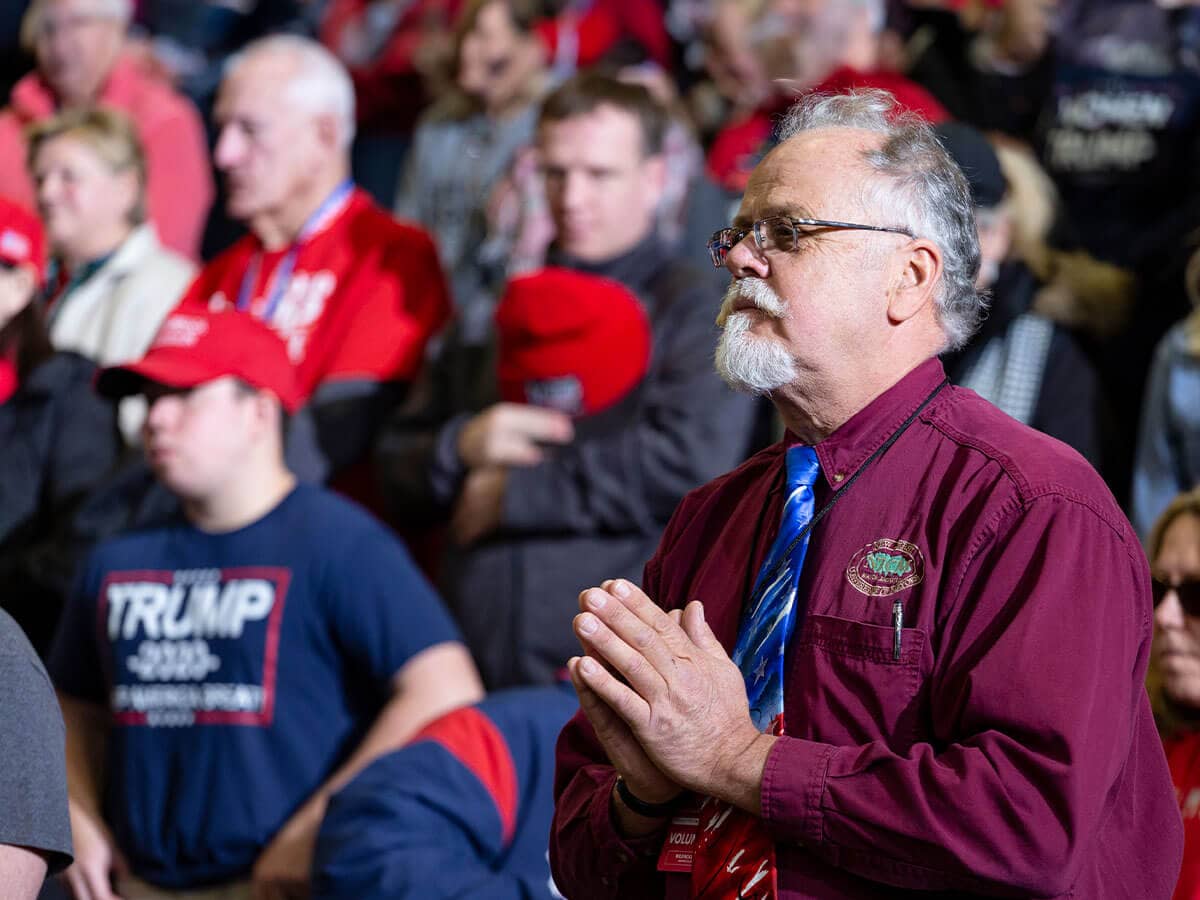The trip to Sinai and St. Catherine's monastery at its foot, was the emotional, spiritual and symbolic highlight of John Paul's visit to Egypt, the first ever by a Roman Catholic pope.
The ailing, 79-year-old pontiff spent two hours at the monastery in the foothills below the bare and rock-strewn mountain, where Christian tradition says God gave Moses the Ten Commandments.
It was the first step in the pope's promised Holy Year pilgrimage to retrace what he has called the ``the history of salvation'' at key biblical sites. In March, he travels to Israel, Jordan and Palestinan Authority territory, where he will visit Bethlehem, Nazareth and other sites connected to the life of Jesus.
At Sinai, the pope gazed silently at the desolate landscape and knelt in pray before the spot what tradition holds was the site of ``the burning bush'' that God showed to Moses. With Archbishop Demianos, the head of the monastery, he examined its collection of precious icons, reliquaries, chalices, manuscripts and paraments, or vestments, dating from the 4th to 17th centuries and then led a prayer service in the monastery garden.
Afterward, he returned to Cairo, some 150 miles away, and then flew back to Rome.
At the Chapel of the Burning Bush, a Vatican spokesman said John Paul fell to his knees and simply said, ``I am who I am,'' repeating the words the Bible says God spoke to Moses.
Outside, families packed the monastery's Garden of the Olive Trees, and a church group sang religious spirituals in Italian and Arabic as they waited for the pope. When John Paul appeared, the audience of about 1,500 Egyptians, Sudanese and Europeans began clapping and chanting the refrain the pope has heard repeatedly since his arrival: ``John Paul Two, We love you.''
The pontiff waved back. ``John Paul Two,'' he repeated. ``John Paul Two. He also loves you.''
The prayer service was conducted jointly with the Greek Orthodox monks who are custodians of the fortified St. Catherine's monastery built by the Emperor Justinian in the 6th century.
Because of the schism that has divided Catholic and Orthodox churches since 1054, the pope was unable to celebrate Mass in the chapel. Instead, he took part in a Liturgy of the Word in the Garden of Olives inside the monastery walls.
``The Ten Commandants are not an arbitrary imposition of a tyrannical Lord,'' " he said. ``They were written in stone; but before that, they were written on the human heart as the universal moral law, valid in every time and place.
``Today as always, the Ten Words of the Law provide the only true basis for the lives of individuals, societies and nations. Today as always, they are the only future of the human family,'' John Paul said.
The commandments, he said, ``save man from the destructive force of egoism, hatred and falsehood. They point out all the false gods that draw him into slavery: the love of self to the exclusion of God, the greed for power and pleasure that overturns the order of justice and degrades our human dignity and that of our neighbor.''
He also called for unity within Christianity--a theme he has repeated throughout his visit--and for increased interreligious harmony and dialogue.
``The wind which still today blows from Sinai reminds us that God wants to be honored in and through the growth of his creatures,'' he said. ``In this sense, that wind carries an insistent invitation to dialogue between the followers of the great monotheistic religions in their service of the human family.''
Demianos and his fellow monks greeted the pope with visible warmth despite reports of controversy in the monastery over the decision to receive the Roman Catholic leader.
In his welcome to John Paul, Demianos took note of the divisions, saying more work was needed to bring the two branches of Christianity together.
``We desire to hope that your strong personality will make it possible to contribute toward this goal,'' the archbishop said. ``The Orthodox church, believing that she had not departed from the original tradition, participates in the efforts for the union of all and the peace of the whole world.''
In interviews following the ceremony, several monks and Greek Orthodox clerics later agreed that it would take time for wounds between the two churches to fully heal.
``I believe problems that took many, many years to make cannot be solved in one day,'' said Father Said Atta, a Greek Catholic priest from Cairo. ``So we have to wait, to pray, and from time to time take a step forward.''
But overall, the pope's message of spiritual unity has been well received by both Egypt's Christian and Muslim communities. Egypt's two main religious leaders--Pope Shenouda III, the head of the Christian Coptic church, and leading Islamic cleric Sheikh Mohammed Sayed el Tantawi--also praised the pope for his efforts to strengthen interreligious dialogue and for a recent agreement signed between the Vatican and Palestinian leader Yasser Arafat.
On the pope's arrival at the monastery, Demianos led him along a narrow corridor and down stone steps to the chapel, which contains the roots of ``the burning bush,'' whose leafy branches cascade outside. John Paul, who suffers from Parkinson's Disease, walked slowly, leaning on a cane.
He sat at lace-covered table in the chapel and commented knowledgeably in English as the monks laid their treasures before him.
``Fifteen centuries of history,'' he said at one point. ``Yes, from Mount Athos,'' he said at another. ``What work, what work,'' he exclaimed as he examined an ecclesiastical stole embroidered with pearls.
Forty-five minutes later when he reached the platform in the garden, the pope appeared exhausted, and he was unable to rise for the reading of the Gospel on his first attempt.

